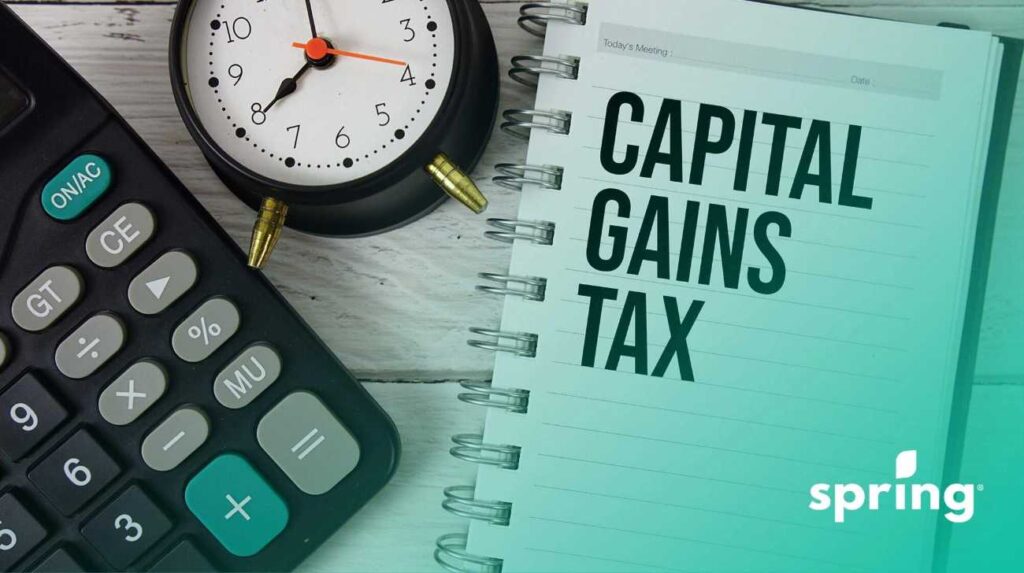Everyone knows the feeling. You get an incoming call from an unfamiliar number and you wonder whether you should pick up. Is it important – like a call from friends or family in need – or a time-wasting telemarketer? You decide the odds are with the latter and you let it go to voice mail.
When you check the message, your stomach turns. You are being investigated by the Canada Revenue Agency! How could this be happening?
In all probability, it is not happening and in fact, you are being targeted by a phone call fraudster. The “CRA phone scam” is one of the most common in Canada. It usually involves harassing you with calls, saying you owe taxes and must pay immediately or face arrest and imprisonment.
According to CBC News, $6.4 million was reported as having been stolen from Canadians through the CRA scam in 2018. As of August 2019, $1.5 million has been reported officially. Fraud is big business and you don’t want to be its next victim.
CRA and Other Types of Phone Scams
While the CRA phone scam has become the most common, there are many other phone scams being perpetrated on innocent victims. Most are in English, but many are in languages like Chinese (Mandarin) since these fraudsters like to target immigrants and new Canadians.
Sometimes the scammers will say a family member is in trouble or that your social insurance number is being used suspiciously and you are under investigation. The common thread will be a fear factor – making you panic and getting you to part with your money, credit card information, or bank account numbers.
Another common scam to watch for is the “one ringer”. That’s when you receive a call that only rings once or twice, prompting you to dial the number back to find out who’s behind the missed call. When you return the call, you pay a premium rate for the call, with no warning.
How to Identify Phone Fraud and Protect Yourself
The Canadian Anti-Fraud Centre (CAFC) is a central agency in Canada that collects the info and criminal intelligence on phone scams, email scams, online fraud, and identity theft. When it comes to phone fraud, the agency stresses the importance of your ability to HANG UP on scammers.
It might seem rude, but do you really care about hurting the feelings of someone trying to steal your hard-earned money. Here are some other tips for protecting yourself from CRA-type fraudsters and other scams:
- Don’t ever provide your personal information through suspicious phone calls, internet or email. The CRA would not request this.
- Keep your access codes, PIN numbers and passwords a secret – always.
- Be suspicious if you are asked to pay taxes on sweepstakes winnings – these requests are scams.
- Careful using caller ID to confirm the identity of a caller. Criminals can alter the info displayed on your phone.
- Protect your social insurance number. Don’t reveal it to anyone unless you confirm they are legally entitled to the information.
- Question why the caller is pressuring you to act immediately. Are you certain the caller is an actual government employee?
Have You Been a Victim? Report It.
As we mentioned earlier, thousands of Canadians have been preyed on by these types of phone scams. There’s no shame in being a victim. These are sophisticated, convincing criminals and their systems are set up to take advantage.
Make sure you report phone scams. The CAFC strongly urges you to contact them if you have been victim of deceptive telemarketing. If you have given out personal or financial information, then it’s recommended you report that to the local police. Stolen social insurance numbers should be reported to Service Canada. Remember – stay safe and protect yourself!
Spring Financial serves Canadians facing all types of credit situations with practical advice and credit-building solutions. We also offer quick-and-easy secured and unsecured installment loans to help you take those first steps to a better financial future. Apply today to see how we can help!








